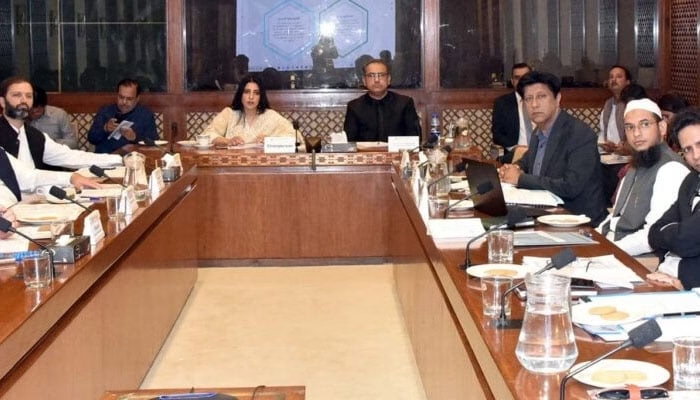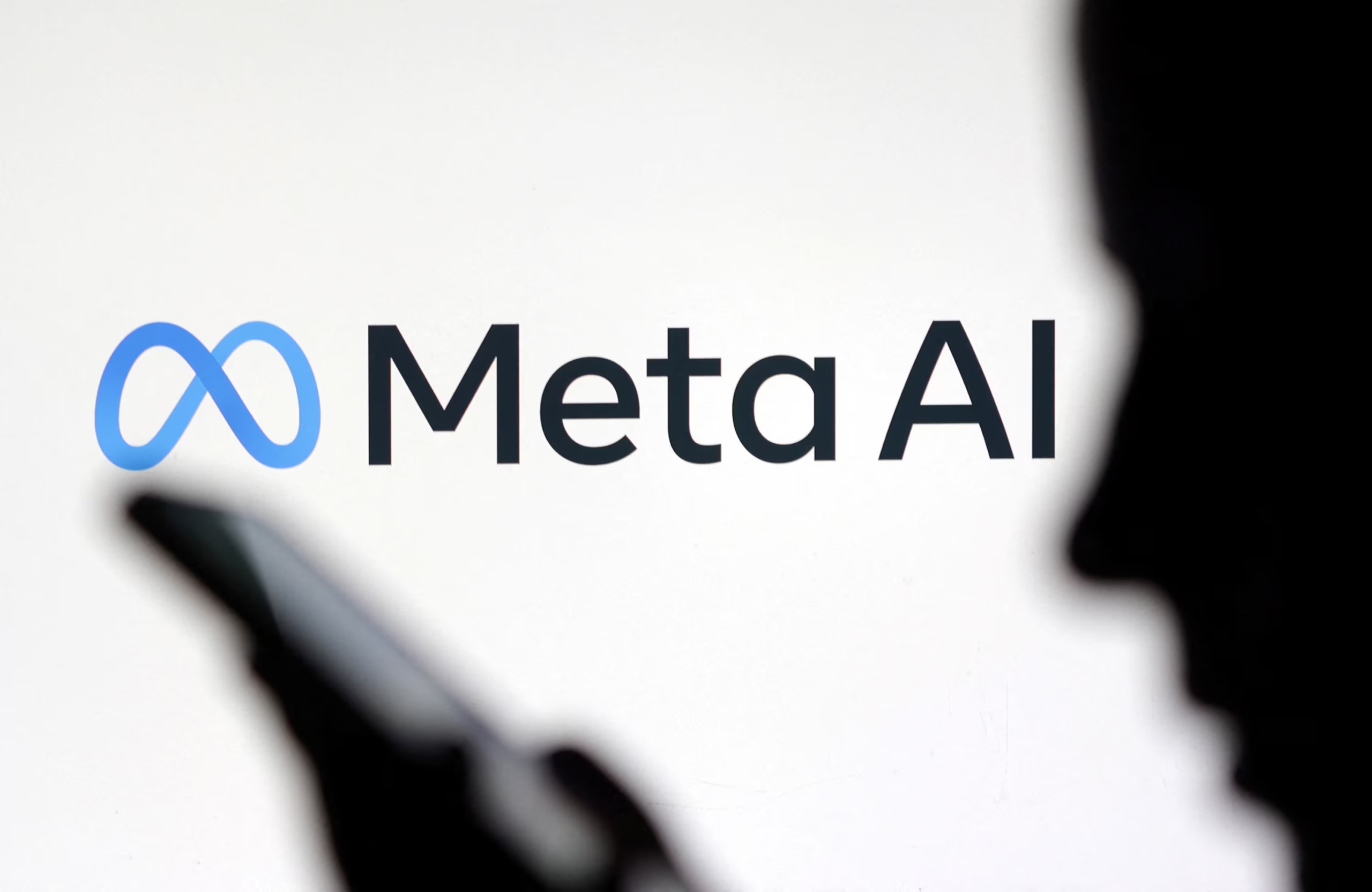The Senate Standing Committee on Information Technology convened to discuss pressing issues, including internet shutdowns and disruptions in Pakistan. The meeting, chaired by Senator Palush Khan, brought together officials from the Ministry of IT and the Pakistan Telecommunication Authority (PTA) to shed light on the practices surrounding internet suspensions and the handling of online content complaints.
Internet Shutdowns: A Longstanding Practice
During the briefing, the PTA Chairman revealed that the practice of shutting down the internet in Pakistan is not new. “Whenever a letter from the Ministry of Interior arrives, the internet is shut down,” he stated, emphasizing that this protocol has been in place long before his tenure. He also mentioned that the shutdowns often occur following directives from the Supreme Court or High Court.
The PTA Chairman further highlighted that since 2016, the Ministry of Interior has issued letters prompting internet suspensions. He questioned whether such practices, including the shutdown on February 8 (election day), were legally justified. He noted that the Ministry of Law and the Ministry of Interior are best positioned to provide a definitive legal opinion on this matter.
Legal Concerns and Questions
Senator Kamran Murtaza raised critical concerns about the legal framework governing internet shutdowns. He questioned the PTA’s authority to block the internet in specific areas, pointing out that the act does not explicitly permit such actions. In response, a legal representative from the Ministry of IT acknowledged the absence of clear legal provisions for area-specific internet shutdowns.
Senator Humayun Mohmand added that it is the ministry’s responsibility to inform the Supreme Court that such actions are not stipulated in the law. The Special Secretary of the IT Ministry explained that blocking online content in a specific area often necessitates shutting down the internet entirely, as a more targeted solution is unavailable.
Social Media Content Regulation
The PTA Chairman disclosed that the authority receives approximately 500 complaints daily regarding inappropriate social media content. Upon receiving such complaints, the PTA requests social media platforms to block the flagged content. According to the PTA, platforms comply with 80% of these requests. However, concerns persist about the remaining unaddressed content and the broader implications of such measures.
VPN Registration and Submarine Cable Expansion
On the topic of Virtual Private Networks (VPNs), the PTA Chairman clarified that the authority has taken a firm stance against banning VPNs entirely. Instead, a registration process for VPN service providers began on December 19, with two internet service providers already applying for licenses. He expressed optimism about receiving more applications in the future.
The PTA Chairman also discussed advancements in Pakistan’s internet infrastructure. He revealed that seven submarine cables currently serve Pakistan, with additional cables, including one under the Africa Cable System, expected to enhance connectivity this year. Four more cables are anticipated in the coming years, ensuring improved network resilience. Addressing concerns about the durability of submarine cables, he reassured attendees that “sharks cannot eat submarine cables.”
Internet Speed and Global Ranking
Despite these advancements, Pakistan ranks 97th globally in internet speed, highlighting the need for continued investment in digital infrastructure. The PTA Chairman emphasized the importance of addressing these challenges to enhance the country’s digital capabilities.
Future Steps and Summons
The Senate Standing Committee concluded the meeting by summoning officials from the Ministry of Interior and the Ministry of Law for further discussions. This move aims to clarify the legal and procedural aspects of internet shutdowns and explore alternatives to manage online content effectively without disrupting connectivity.
The Senate Standing Committee on IT has brought critical issues regarding internet shutdowns and online content regulation into the spotlight. With questions about legal justification and procedural transparency, the meeting underscored the need for a clear framework to balance national security, freedom of expression, and uninterrupted connectivity. As Pakistan works to improve its digital infrastructure and global internet speed ranking, stakeholders must collaborate to address these pressing concerns.



